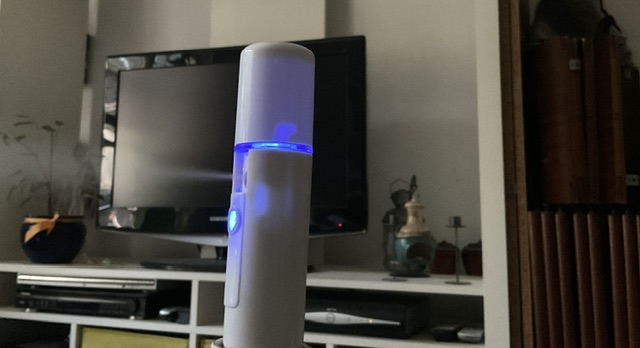_
Health and blood-types, or… how to save your life
Because blood types are genetic, they are inherited from the parents, blood types have different racial and ethnic differences. The majority of people in the world and across various ethnicities have Rh+ blood type. Subsaharan African populations have a 97-99% Rh+ factor. East Asian communities have 93-97% Rh+ blood.
__
Blood group AB has the strongest contact to pathogen and is the least protected group with respect to innate ABO(H) immunity. Ultimately, the human ABO(H) blood group phenotypes arise from the evolutionarily oldest genetic system found in primate populations and develop in molecular and functional connection with a special humoral innate immunity, dominated by the nonimmune polyreactive IgM. The ABO(H) phenotypic glycosylation of both the cell surfaces and the plasma proteins occurs identically, which, under normal conditions, physiologically precludes a corresponding natural autoreactivity, basically exerted by the ancestral nonimmune or neonatal IgM
__
Eight of 9 studies demonstrated an association between blood type and susceptibility to infection with SARS-CoV-2. Four of these 9 studies also revealed an association with severity of illness. Ray et al [21] found that subjects with type O and Rh-negative blood were protected from viral infection, severe illness, and mortality.
__
Heart Disease
Of the eight main blood types, people with Type O have the lowest risk for heart attacks and blood clots in the legs and lungs. This may be because people with other blood types have higher levels of certain clotting factors, which are proteins that cause blood to coagulate (solidify). A heart-healthy lifestyle is particularly important for people with Type A, B and AB blood.
Cancer
Studies have found that people with Type A or Type AB are at higher risk for gastric cancer. Additionally, if you have Type A, Type B or Type AB blood, you may have a higher risk for pancreatic cancer.
COVID-19
Research suggests that people with:
• Type A blood may be at higher risk for COVID-19 infection
• Type O blood may be somewhat less likely to test positive for COVID-19 and have less severe disease than people with other blood types
•Negative blood types may be also slightly less prone to COVID-19 infection
